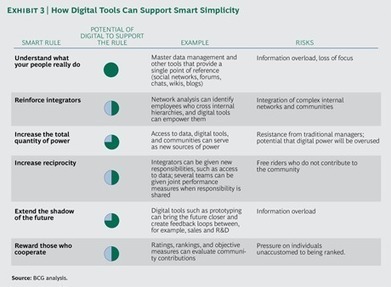Time management is not cramming more into your day. Time management will help you spend your time according to your goal.
Effective time management is essential to attain your career and personal goals.
If you are unclear about what you are trying to achieve, it is difficult to achieve it.
We all have 24 hours in a given day, seven days in the week, and 52 weeks in the year. Our time needs to be managed effectively and efficiently to meet work goals and priorities, balance work and personal life, reduce stress and increase motivation.
Time management entails selecting the most relevant task to complete from all the possibilities available, and then by doing it in the best possible way. Action needs to be planned. Action is not an end in itself; rather it is a means to attain a goal.
There are misconceptions about time management. We need to control how we use our time to reduce stress and produce higher level outcomes. Both urgent and the longer term important tasks need to be completed.
When we control our time to reach our goals, we spend our time to its fullest advantage, rather than "firefighting" issues.
Research shows that an investment in planning gives us more time. We need to invest time to use our time effectively – doing the most important things first, and efficiently – in the quickest and best way.
In the workplace, we are under pressure to maximise our time to achieve set outcomes. This is easier said than done when we are confronted with time wasters. Sometimes, these can be unavoidable. Other times, these can be overcome with a change in approach. The first step is to identify these time wasters. Examples include:
Information overload with emails or paperworkDifficulty saying noTelephone calls or meetings that are not focussed and too longDoing too much at one timeVia The Learning Factor



 Your new post is loading...
Your new post is loading...















How to manage your time for effective results and personal wellbeing.